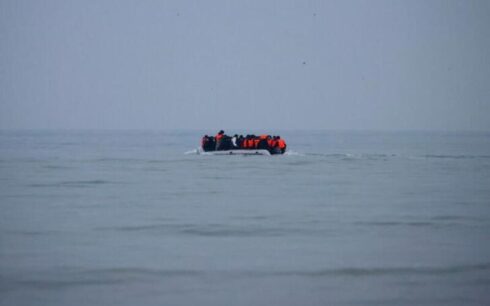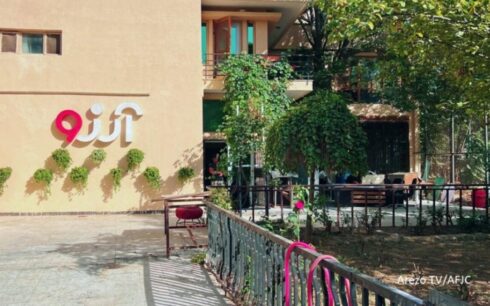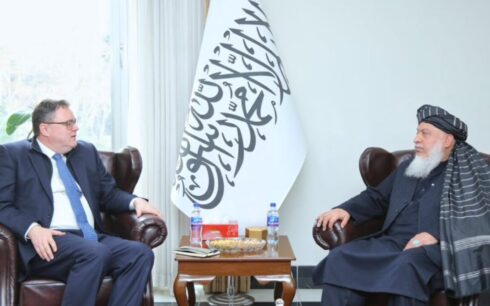A number of Afghan journalists in the southern Helmand province of Afghanistan have raised their voices over new restrictions imposed on media by the Taliban-appointed governor Abdul Ahad Talib.
One reporter from a local media outlet, who wished to remain anonymous, said: “Abdul Ahad Talib, the governor of the Taliban in Helmand, told me that taking pictures is forbidden and not permitted in Sharia [law]. Although other officials of the group in Helmand promised that they will solve this problem soon, so far there is no update [in this regard]. Because the governor is against taking photos, videos, and television.”
Another reporter for a local radio station, who participated in the meeting with the Taliban official, said: “They have not told us the reason for imposing such a restriction. Because they have no reason for it. But they have demanded; we must not raise the new restrictions with the media. It is difficult to broadcast news without a video or photo. We are not free in our work now.”
Helmand’s governor Abdul Ahad Talib on Tuesday announced his ban on journalists and media outlets taking videos or photos of residents and provincial officials.
Earlier on Monday, the Taliban also ordered media outlets in northern Parwan province to change their coverage in line with the policy of the Taliban-run Bakhtar News Agency.
Meanwhile, the Committee to Protect Journalists (CPJ) on Wednesday urged the Taliban to reverse their restrictions imposed on media outlets in Helmand and Parwan provinces.
The Committee has said that the new restrictions on the media in Helmand and Parwan indicate increased control of local information.
The organization has also called on the Taliban to allow journalists to work “freely and independently”.
According to CPJ, the Taliban-run Bakhtar News agency has also halted its operations in Helmand.
The Taliban has been imposing restrictions on Afghan journalists since their takeover in 2021.
In its annual report on the state of Afghan media, the Center of Afghan Journalists said that in 2022 alone, it recorded at least 260 incidents of violations of the freedom of media and journalists in the country.
The Afghanistan Journalists Center (AFJC) said in its annual report that it has documented 260 cases of violence against journalists and media outlets in 2022.
On November 27, 2022, media watchdog Nai reported that 50 percent of Afghan TV stations have stopped their operations due to economic problems. The organization added that 48 percent of radio stations and printed outlets have also stopped broadcasting.





